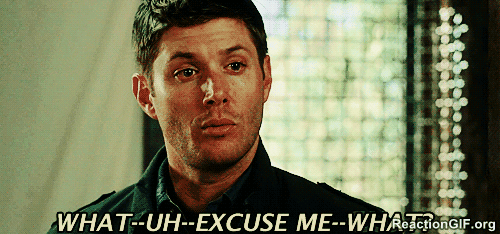To answer your first four questions/statements. 1)Yes. 2) Don't need a reason to be cut. 3) Yes you can. 4) No it doesn't.Can they fire you if you are not violating any team or employee rules? The protest does not effect how these players do their job so what would be the reason for being cut? You can't just get get rid of someone because you disagree with them. It has to effect their job performance or violate a team rule.Everyone knows that that the first amendment, just like the second amendment, only protects you from infringment by the govt, right? Just as businesses can enforce gun free zones; the San Francisco 49ers could cut CK, I could be fired from my job for burning the flag, even if it is on my own time, and Mike Riley could have suspended the thee players involved in the National Anthem protests. (The last example may be a little tenuous since UNL is a public university).
To be clear, I don't think those things should happen, I'm just saying that I don't think the the constitution prevents them from happening.
Even if they could release a player, by doing so shows that you don't support their beliefs. Good luck recruiting other black players if Riley or the university disciplined these players. How do you think the other black players in the league would react if the NFL disciplined CK? Black players are the majority in the NFL and it would be a horrible idea if they decide not to support their players. But yes, those amendments protect you from legal persecution, but you could still lose your job.
Once again, these answers are in regards to first amendment protection. If someone is has an employment contract, or is part of a collective bargaining agreement, they have more protections. But if you are not part of a protected class as set forth in the civil rights act of 1964, or subsequent revisions, you don't really have as much employment protection as you think.
In response to your second paragraph; I agree with everything you said. I only posted my first comment because it seems like some people posting think that the first amendment protects a person from all consequences from one's speech/actions...it doesn't.

